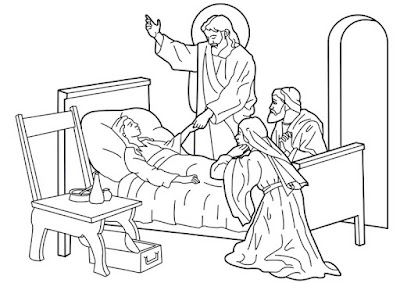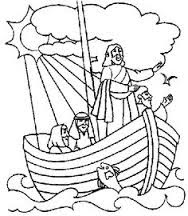XVII SUNDAY IN ORDINARY TIME - John 6:1-15
Most of the miracles are healings of sick or handicapped people. They are the result of Jesus’ compassion for the suffering of people. The feeding of a big crowd was a different type of miracle. In the Synoptics, we are told that Jesus felt “compassion for the crowd” who, having followed him, were without food and far from their houses. They were starving and Jesus felt sorry for them. In this Sunday’s reading, the gospel of John presents a similar narrative. A large crowd followed Jesus expecting to see his miracles (signs) and find relief to their suffering. They were on the other side of the Lake of Galilee on a hillside. John tells us, "It was shortly before the Jewish feast of Passover.” Seeing the crowds approaching, Jesus felt responsible for them. He is a good shepherd who looks after his flock, paying attention to their needs. And he asked Philip, one of the disciples: “Where can we buy some bread for these people to eat?” To buy bread would be the first solution, a human solution that would not satisfy their hunger.
And Philip recognised they did not have the means to look after those people's wellbeing. Andrew informed Jesus that there was someone, a small boy, with something but it was too little to satisfy everybody. However, Jesus had a divine solution, “for my power is made perfect in weakness.” (2 Co 12:9). The ones who have little wealth and power are the ones who contribute more since they are the ones who put themselves in God’s service. With little, through God’s grace, we can achieve great things.
The gospel of John presents the feeding of the crowd as an introduction to the speech on the bread of life, that is the Eucharist. Thus, Jesus performs the same gestures as in the Last Supper: “Jesus took the loaves, gave thanks, and gave them out to all who were sitting ready”. Everybody ate as much as he wanted and was satisfied. There was such an abundance of food that they collected 12 baskets of scraps left over.
Looking at us with love, Jesus shows mercy and compassion. We never find enough to end our hunger and quench our thirst. Jesus transforms the little we have into the bread of life. Let us approach his table with thanksgiving.






